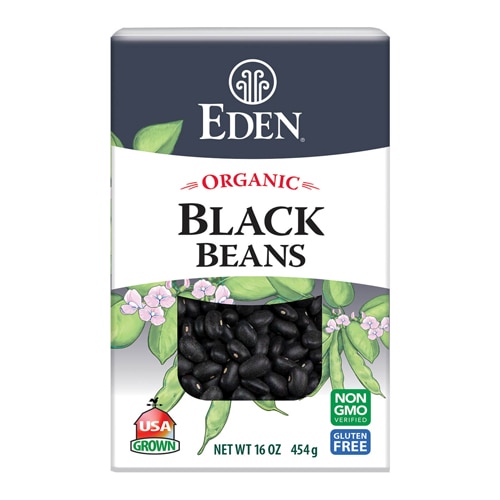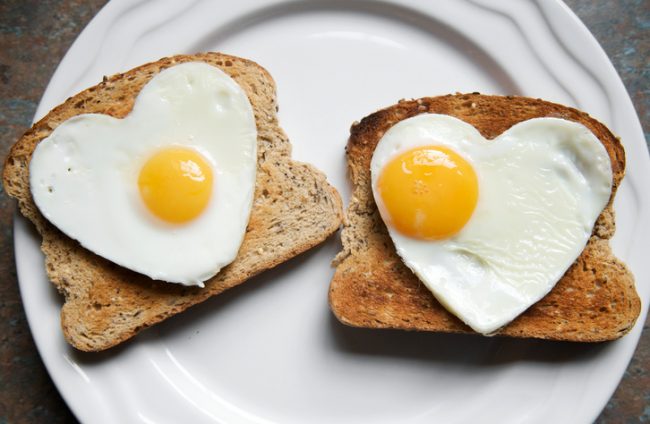Want to send your heart a valentine this February? The next time you go out to dinner, skip the hamburger or filet mignon and settle for something a bit more loving to your cardiovascular system.
Choosing the right meat – or other sources of protein – can go a long way toward keeping your heart strong for a lifetime.
By contrast, the wrong protein choices pose major health risks, says Rachel Johnson, a professor of nutrition at the University of Vermont and a spokesperson for the American Heart Association.
"Many (meats) are high in saturated fats, which increases your risk of developing heart disease," Johnson says.
That's because eating foods with a lot of saturated fat can raise your levels of LDL cholesterol – the so-called "bad" cholesterol that causes thick, hard plaque to build up in your arteries, wreaking havoc on heart health.
Other sources of protein – such as full-fat milk and other dairy products – also can raise your risk of heart disease, especially if consumed in large quantities over a long period of time.
Millions of Americans also consume protein powders and protein drinks. In 2010, Consumer Reports undertook an in-depth analysis of protein drinks -- which included laboratory tests, a review of government documents and interviews with experts --and concluded that they contained additional protein that was not necessary for most adults.
Consumers Reports also found evidence that some protein drinks contain heavy metals that can have toxic effects on some organs in the body.
The Mayo Clinic website warns that whey protein has been linked to abnormal heart rhythms in some users.
Too much of a good thing
Protein itself is not evil. In fact, it does all kinds of good things for your body, including:
- Building and repairing tissues
- Making chemicals such as enzymes and hormones
- Helping build bones, blood, cartilage, muscles and skin
So, how much protein do you need? The federal government's 2010 Dietary Guidelines for Americans recommend that you get between 10 percent and 35 percent of your daily calories from protein. That's about 46 grams daily for adult women and 56 grams for adult men.
Although those numbers seem big, they're not. As the AHA points out, you can easily meet the 56-gram limit for men by consuming the following:
- An 8-ounce glass of milk (8 grams)
- A cup of yogurt (11 grams)
- A 3-ounce piece of meat – about the size of a deck of cards (21 grams)
- A cup of dry beans (16 grams)
Children who are growing and pregnant and lactating women might need a bit more protein than the typical adult because their bodies are building muscle, according to the AHA.
But millions of Americans already get too much protein in their diet, according to the AHA. All that protein leaves less room for other important foods, such as fruits and vegetables, the AHA says.
More healthful ways to get protein
To safely get the protein you need, make sure you're eating the right foods in the proper amounts. Animal foods such as meat, poultry and fish are staples of the American diet. So are milk and other dairy products.
"These can be great sources of heart healthy protein – if you make the right choices," Johnson says.
Doing so means largely or completely avoiding certain sources of protein. "High-protein foods that are high in saturated fats should be limited," Johnson says. Such meats include:
- Fatty meats such as sausage and bacon
- Luncheon meats
- Chicken with the skin
- Full-fat milk and dairy foods
Instead, shop for more healthful alternatives. "Look for the leanest cuts of meat available," Johnson says. "Choose poultry without skin (and) fish and prepare them in healthy ways without added saturated fats."
The AHA also recommends incorporating more of the following into your diet:
- Fruits and vegetables
- Whole grains
- Low-fat dairy products
- Nuts
In particular, beans, peas and soy products can be great alternatives to sources of protein that contain a lot of saturated fat.




